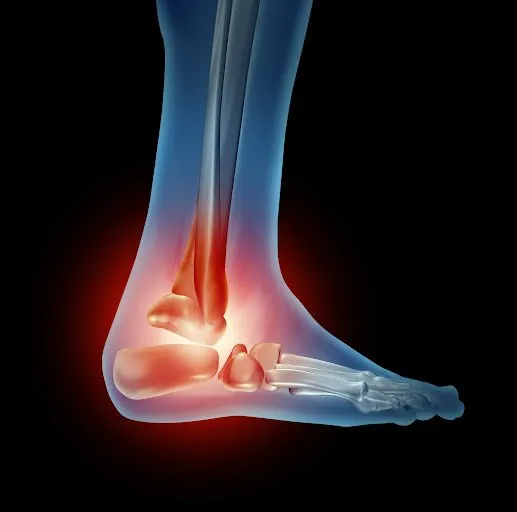Excellence in Rheumatology Care since 1977. Accepting New Patients
Sep 08, 2021
Arthritis in its many forms represents a major public health challenge, affecting some 54 million Americans (about 23 percent of the U.S. population) according to the CDC. At the same time, 77 percent of Americans claim that stress has had a negative impact on their physical health. These two issues can create a feedback loop of pain and disability.
If you have struggled with both arthritis and some form of chronic stress, you need to understand how these conditions feed each other and amplify each other’s worst effects, as well as smart strategies for restoring your mind and body to a more even keel. Check out the answers to these frequently asked questions.
1. Stress Can Worsen Some Forms of Arthritis
Everyday life presents more than its share of stress triggers even in the absence of major life-changing events. Emotional, physical, and psychological stress prompts the body to release large amounts of adrenaline and cortisol, stress hormones that can alter your immune system responses.
Abnormal immune function could play a role in causing or aggravating autoimmune conditions, including psoriatic arthritis, ankylosing spondylitis, and rheumatoid arthritis. Chronic stress may also allow inflammatory substances called cytokines to run wild, which, in turn, can worsen your arthritis symptoms.
2. Arthritis Can Raise Stress Levels
Just as stress can make arthritis symptoms worse, the chronic pain, swelling, and inflammation of arthritis can contribute greatly to your overall stress levels. For instance, constant worries about your ability to keep working or care for your family can boost stress hormones, reinforcing a cycle of stress and pain.
When it hurts to move, you may naturally develop anxiety or even a phobia about exercising and performing everyday activities. The resulting lack of joint motion can limit flexibility and make your arthritis pain worse, which only gives you more to worry about and promotes higher levels of adrenaline, cortisol, and cytokines.
3. Arthritis Management Techniques May Reduce Stress Levels
A variety of treatment strategies can help you get your arthritis symptoms under better control. As you experience less pain, stiffness, and disability, you may feel more confident about your future and more capable of handling life’s everyday challenges. As a result, you can increase your exercise to reduce pain and increase flexibility.
Your arthritis specialist can prescribe a combination of treatments based on the type and severity of your arthritis. You may need anti- inflammatory medication to reduce acute pain and swelling. Your exercise routine may include a combination of strength training, aerobic exercise such as walking, and flexibility exercises.
Dietary changes can also help you break the cycle of stress and chronic arthritis pain. For instance, your doctor may advise you to avoid fatty foods, alcohol, and tobacco and eat more foods that have natural anti-inflammatory properties.
4. Stress Reduction May Ease Your Arthritis Symptoms
Yoga and meditation can help you manage your body’s production of stress hormones and inflammatory substances. Research indicates that both of these practices reduce cortisol levels when practiced regularly. Exercise in any form can help you release pent-up stress and boost feelings of well-being.
Cognitive behavioral therapy (CBT) can help you work through resolved emotional issues that have left you in a state of chronic stress. Once you find constructive ways of reframing your responses to stress triggers, you may experience less pain and stiffness while also feeling more optimistic about your condition.
Whether you feel that your arthritis pain has aggravated your stress levels or vice versa, Sarasota Arthritis Center can evaluate your overall health and wellness and then recommend a holistic treatment and self-care program to help you feel better. Contact our clinic today to schedule an appointment.

Winter Weather and Arthritis: 4 Key Considerations
Individuals who suffer from arthritis must often think about aspects of their everyday lives that those with healthier joints can take for granted, including the change of seasons.

What You Should Know About Sjogren’s Syndrome
Almost no one enjoys coping with the occasional dry mouth or dry eyes, natural consequences of arid environments, certain medications, or temporary dehydration from not drinking enough water.

Osteoporosis and Arthritis: Frequently Asked Questions
Over 53 million Americans suffer from osteoporosis, while approximately 52 million wrestle with some form of arthritis.



We are able to see patients by appointment only. If you need to cancel an appointment, please contact our office at least 24 hours in advance. To expedite the check-in process prior to your appointment, please complete the pre-registration paperwork that will be emailed and texted to you through Phreesia. Please bring your insurance cards, method of payment, and identification with you to every appointment.